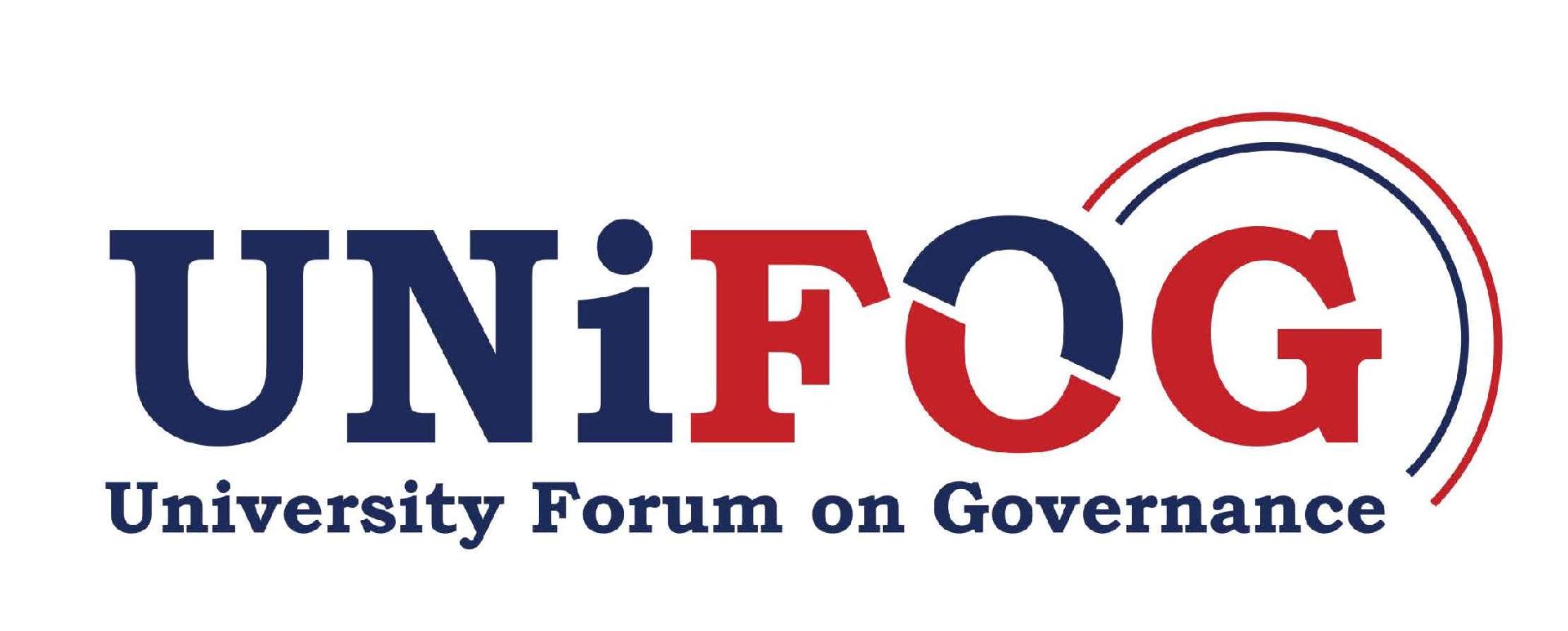Discussion
Details
In barely half a year, Uganda will hold its next general elections, the third under a still nascent multiparty framework. As several events continue to shape the changing political context, a review of major developments can be an important contribution towards the overall question of deepening democracy and fostering social order.
Thus, the newly signed protocol establishing ‘The Democratic Alliance’ (TDA) as a conglomerate of Uganda’s political parties and interest groups, presents a new attempt at a joint opposition front intended to challenge the National Resistance Movement (NRM) for power. In this regard, UNIFOG and KAS have organized a panel discussion to explore the concept of political cooperation and coalition building during and beyond elections.
Therefore, the panel discussion will examine the prospects for democratic consolidation by interrogating the political economy of pre-electoral political coalitions. This is intended to generate important lessons for sustainable political cooperation that presents a genuine process for deepening democracy and social order. The discussion will be guided by a scientific paper developed around a set of salient questions and themes. The paper will draw on the recent successes and failures of political cooperation particularly in form of pre-electoral coalitions across the continent but with specific applications to Uganda.
The panel discussion will explore fundamental questions relating to pre-electoral political coalitions. It seeks to generate lessons for sustainable political cooperation that presents a genuine process of deepening democracy and social order. Drawing on the experience of coalitions in Uganda and beyond, the discourse will interrogate three main questions: a) Which conditions or circumstances determine the emergence of pre-electoral coalitions? b) Why do some succeed while others fail? c) What implications do lessons of success as well as failure have for TDA?




